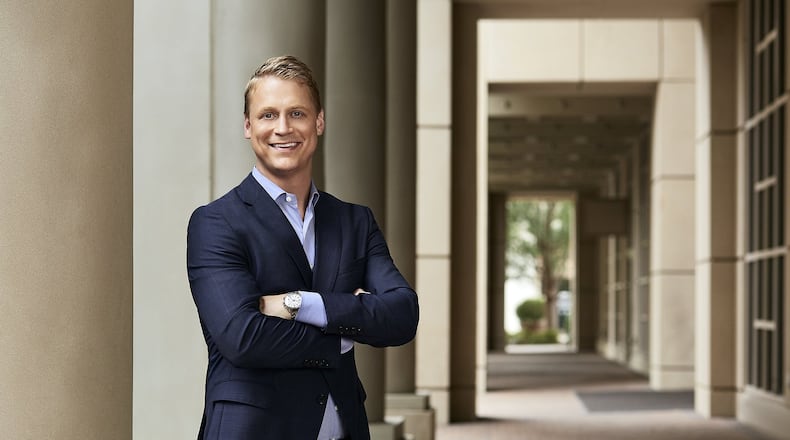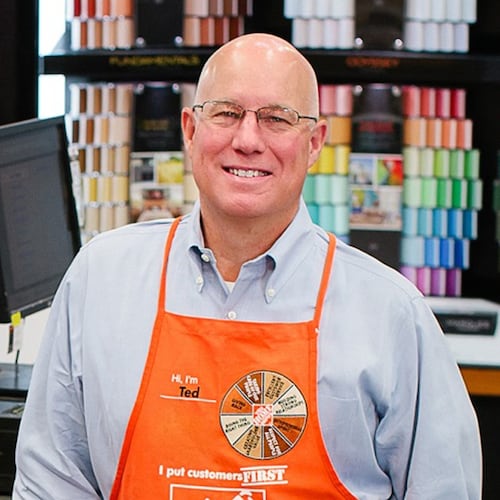My two favorite topics are retirement and longevity. Maybe it’s really just one favorite topic, retirement longevity.
One of my favorite stories on this topic comes courtesy of a Japanese physician who lived to be 105. He ate a Spartan diet, believed you should never retire and had a few other interesting longevity tips, including move, move, move every day. Several years before he died in 2017, Dr. Shigeaki Hinohara wrote “Living Long, Living Good” at 101.
“There is no need to ever retire, but if one must, it should be a lot later than 65,” he said in a 2009 interview with The Japan Times. “The current retirement age was set half a century ago when the average life expectancy in Japan was 68 years old and only 125 Japanese were more than 100 years old.”
Speaking of life expectancy, what is it in the U.S.? According to statista.com, the current life expectancy in the U.S. for people born in 2020 is 78.93 years, a slight increase over last year. If you make it to age 65, life expectancy increases another 18 years, which takes you to an average of 83.
Here’s why the good doctor believed you should never retire.
Dr. Hinohara was still treating patients and clocking 18-hour workdays up to a few months before he passed away. He clearly loved what he did, and he was fortunate to have a sense of purpose — saving lives.
Possibly my favorite piece of wisdom he shared was the concept that when you have a long life expectancy, you can spend the first 60 years working for you and your family, then the next 40 years working for the greater good and contributing to make the world a better place — giving you a sense of greater purpose.
Remember the Gallup Work Engagement Study?
Let’s be realistic about the world we live in today. Only 1 in 5 people truly love their work like Dr. Hinohara did. Most big companies call you “family,” but in the end, they serve their shareholders. “Surplussing” is one of the new and more despicable terms for sugarcoating when a company needs to lay people off — there’s a surplus of humans here, so let’s reduce the surplus. Not to mention, from ages 55 to 65, you may not have the choice to keep working at your primary job.
The result? One in 5 people in the U.S. downright hate their jobs, another 3 in 5 could “take it or leave it.” So, 4 out of 5 workers don’t share Dr. Hinohara’s love of work and a sentiment to never retire.
Keep in mind I wrote “You Can Retire Sooner Than You Think,” so I’m a little biased toward Americans being able to stop working at their current job long before age 105. However, one of the main components that’s paramount to an early and happy retirement is having multiple activities/projects/endeavors that you’re passionate about working on. I call these, “core pursuits.” It’s something that Dr. Hinohara clearly had down pat.
Put core pursuits at the center of your retirement planning.
First of all, losing the dignity of work isn’t easy for most people. Remember the study from Harry’s that said the No. 1 predictor of a man’s happiness is his job satisfaction and his feeling of impact at his company and career? Americans, both men and women, love to work and love to earn if their productivity is channeled in the right direction.
It isn’t easy to replicate the energy, challenge and accomplishment you get from work — it’s almost like rigorous exercise. The workout or run may hurt, but it makes you stronger, and healthier. In some respects, continuing to work, particularly at something you enjoy doing, offers similar benefits.
Just look at Jimmy Buffett. He made a living of singing about wastin' away again in Margaritaville, but when you look at the empire that he’s built with his music, beverages, real estate, restaurants and other merchandise, it’s easy to see that this guy works his tail off to sell the idea of a relaxing life to others. And based on his success and his reported half-a-billion dollar net worth, it’s clear that he’s not just in it for the money these days.
The end result of working — similar to a long run or workout at the gym — is very difficult to replace. So, the HROBs — Happiest Retirees on the Block — of the world re-create their work stimulation by deploying a long series of core pursuits.
Maybe yoga, gardening, fishing, hiking, biking, running, walking, golfing, going to church, crafting or art ends up not being enough. That’s OK. Maybe you can transition your skills into a very involved volunteer role or lower-paying nonprofit job. Maybe it’s starting your own small business. Consider a teaching, coaching or mentoring role. Write a book. Start a website. Join a band. Become a tour guide or historian in your town. Put your cooking skills to use to feed your community. Your core pursuits can lead you to a more fulfilling future while adding life to your years.
Get going and get growing.
I get what Dr. Hinohara was saying, but beyond following a sparse diet and taking the stairs, his advice to work forever just won’t work for most Americans. We have to work and save so we can have the economic freedom to follow our passions. It’s something that’s typically unrealistic if you have a new mortgage and are trying to raise a family. Happy retirees find themselves in the opposite position. They can take on a job or career that’s focused on feeding their soul rather than financing their family.
Remember Dr. Hinohara’s reflection that once you’ve raised your family, the next phase of your life (60-plus) can be focused on you and the greater good around you.
Curiosity killed the cat, but a lack of curiosity is what kills the happy retiree.
Wes Moss has been the host of “Money Matters” on News 95.5 and AM 750 WSB in Atlanta for more than 10 years now, and he does a live show from 9-11 a.m. Sundays. He is the chief investment strategist for Atlanta-based Capital Investment Advisors. For more information, go to wesmoss.com.
DISCLOSURE
This information is provided to you as a resource for informational purposes only and is not to be viewed as investment advice or recommendations. This information is being presented without consideration of the investment objectives, risk tolerance, or financial circumstances of any specific investor and might not be suitable for all investors. This information is not intended to, and should not, form a primary basis for any investment decision that you may make. Always consult your own legal, tax, or investment adviser before making any investment/tax/estate/financial planning considerations or decisions.
About the Author
Keep Reading
The Latest
Featured


